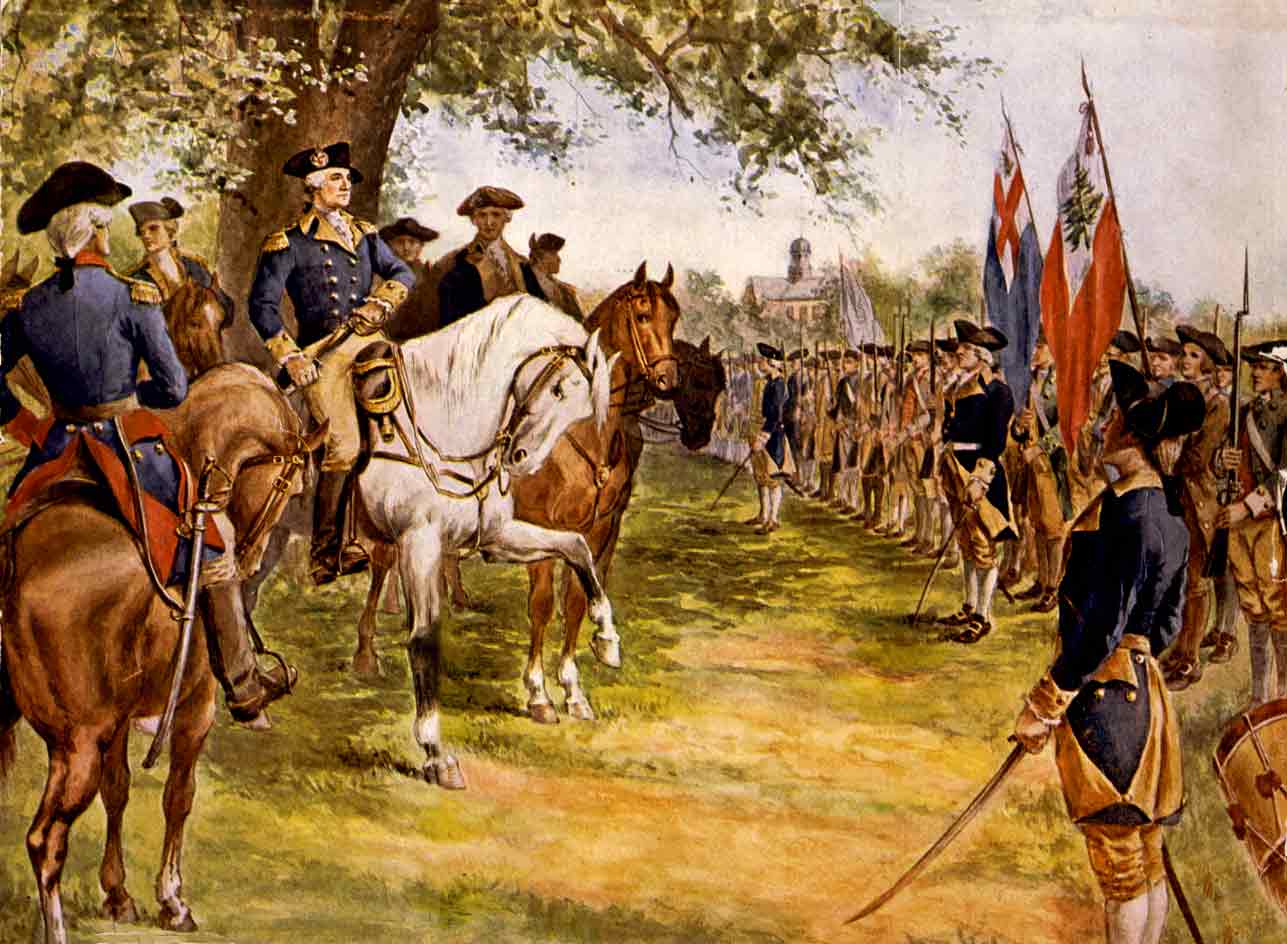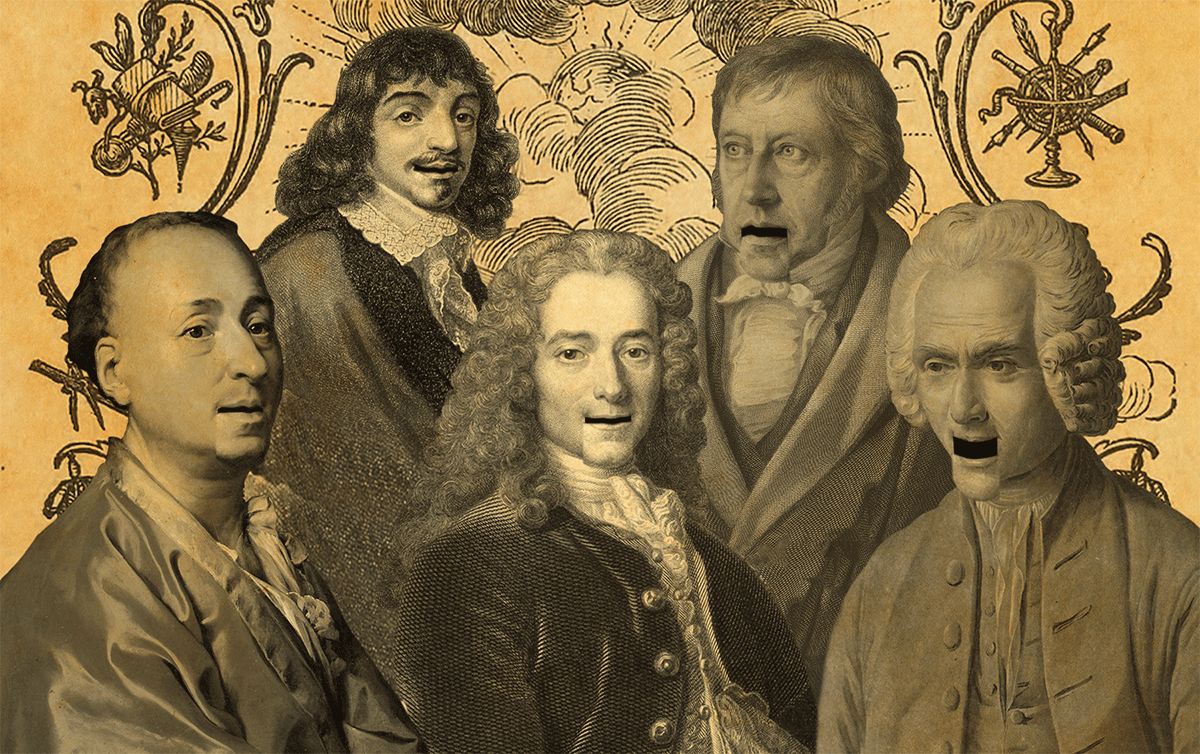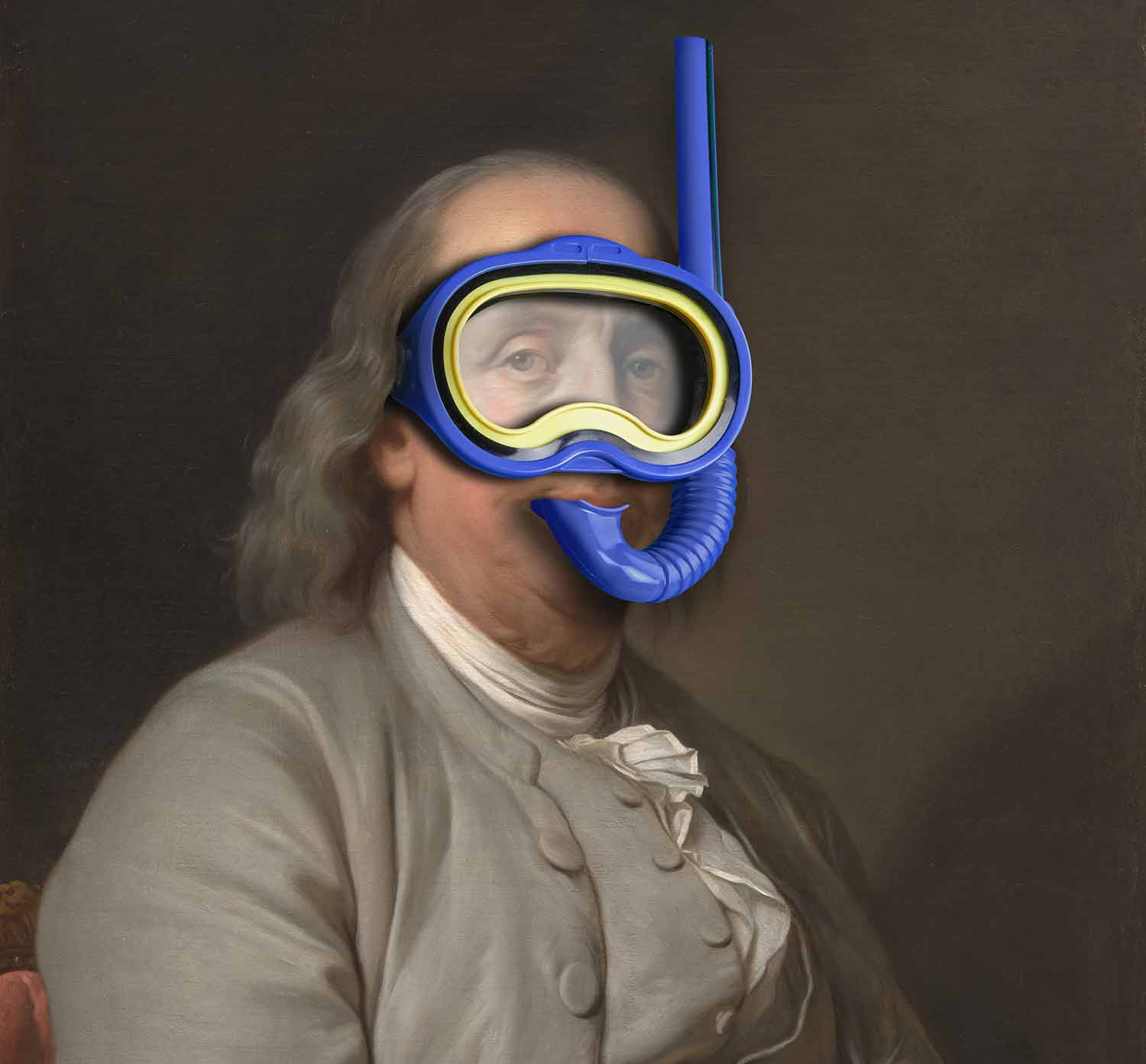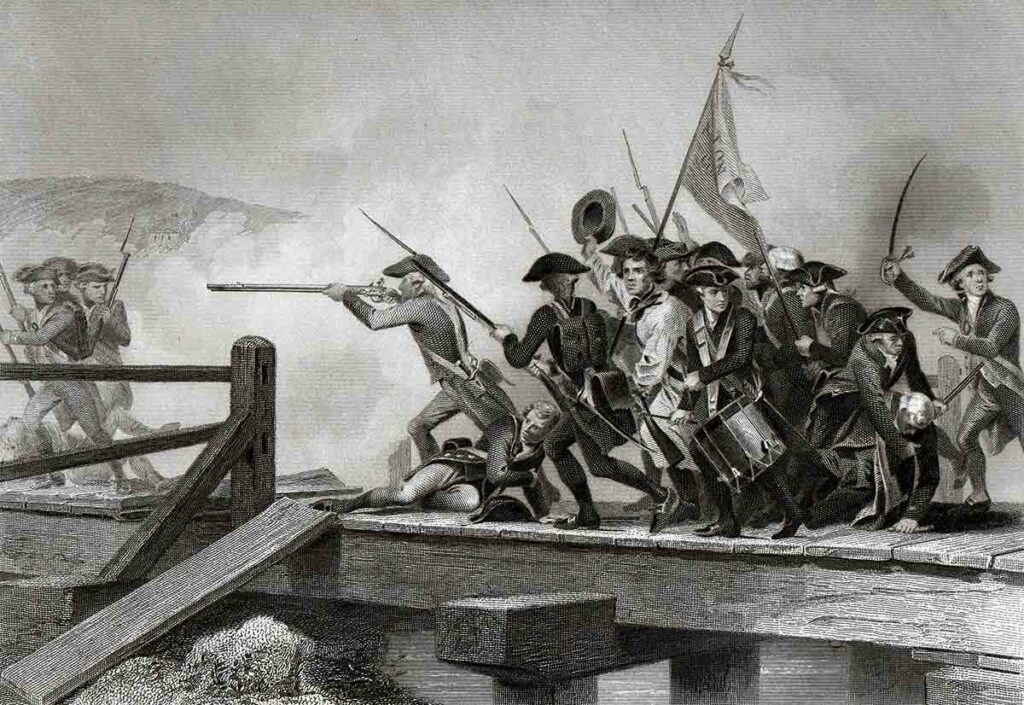Today in History: Revolution Begins

Library of Congress, Washington, D.C. (reproduction no. LC-USZC4-2737)
“Give me liberty, or give me death!”
Historians believe Patrick Henry said these words in a speech he gave in March 1775. About a month later, on April 19, 1775, the Battles of Lexington and Concord took place. The American Revolution had begun.
At the time, America was made up of 13 colonies that were ruled by Great Britain. Patrick Henry was one of many colonists who supported going to war for independence. One big reason for their support was that the British government had taken actions and passed laws that the colonists felt were unfair.
For example, Britain, which was in need of money, had passed new taxes over the previous several years. People in Britain were taxed, too, but they had lawmakers who represented them in the British government. The American colonists had no one representing them in the British government. Since they didn’t have a voice in the government, they didn’t think they should have to pay these taxes.
Britain had also passed new laws increasing the control the British government had over the colonies. One law required colonial leaders to house and feed British soldiers. Another act applied to the Massachusetts colony. It allowed the governor to appoint leaders who had, until then, been elected by the people. The colonists felt they had less and less freedom.
Fighting in the American Revolution lasted until the British surrendered in 1781. Two years later, Britain signed the Treaty of Paris. By signing, Britain agreed that the United States was an independent nation.






